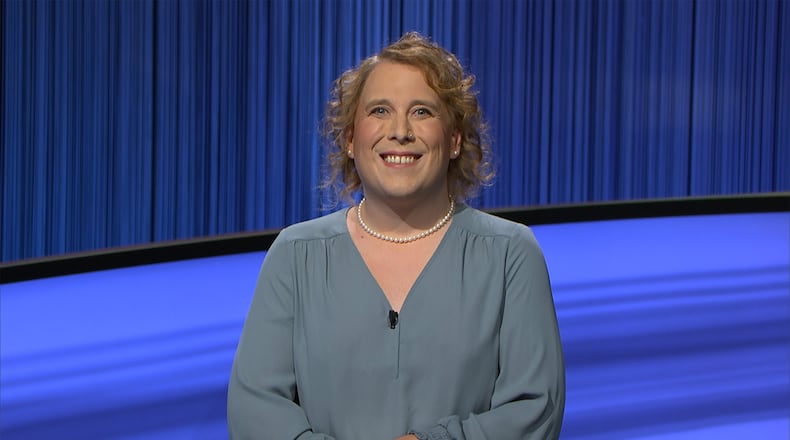Today’s movement resembles the movement for gay and lesbian rights in the early ‘90s. I had come out as trans by the end of my senior year. We were living in a small, rural farm town north of Dayton. At that time the only shows that had any representation were shows like “Will and Grace,” “Queer as Folk,” and the occasional mention on “Sex and the City.” Even then, trans people were often portrayed as drug addicted prostitutes. I had no idea who trans icon Christine Jorgensen was, or that people like her existed. The only trans people I ran across at that age were the few, beautiful, trans drag queens that performed at 1470 West. 1470 was one of the only LBGTQ night clubs in the area.
I learned very quickly that if you were going to survive in the world, you had to “pass” and most likely live “stealth.” There was no other option. If you were lucky enough to pass, you had to move from where you grew up, create a new back story, and take that secret to the grave.
My first encounter of violence happened outside of 1470. That was the first time a man tried to rape me. At the time, the cops who caught him in the act, didn’t believe me when I explained what happened. I was forcefully handcuffed and taken to the men’s jail. There I was forced to wipe off my makeup and was humiliated until the next morning when my parents came to get me. My parents and I saw firsthand what discrimination was going to be like for me. We quickly gathered the resources and qualifications I needed to have gender confirming surgery at 19. This was unheard of at the time. I was the second youngest person to receive this procedure from a renowned surgeon. I was able to have my birth certificate and high school records changed, even though at the time, it was illegal to do so in Ohio. I had sheer determination, a little bit of luck, my parents support and some naivete on my side.
There was no one in the media I could look up to. This was before the internet was readily available, and Google didn’t exist. The only time I heard anything about trans people was through gossip or daytime television — shows where the audience would try to guess who was a man or a woman, as if our lives were a Barnum and Bailey sideshow.
Often, we’re left to be caricatures for a punchline. Even using today’s lens of what is deemed appropriate, Dayton’s own golden child of Hollywood, Dave Chapelle, uses us as a joke. On one hand he passionately talks about Black Lives Matter, but excludes queer people of color and specifically, trans women of color in that conversation.
Meanwhile people like Amy Schneider, Dayton’s local Jeopardy winner, gets trolled and threatened in the comment sections of articles about her win. Ohio trans actress, Trace Lysette, receives barely any recognition for her breakout roles on “Transparent” or “Hustlers.” Cis heterosexuals receive awards playing us, then wonder why society thinks we’re playing dress up, while giving validation to the idea it’s a choice. J.K. Rowling demonizes us in the media. Politicians like Greg Abbott and Ron DeSantis use our discrimination as a base to their political platforms. All the while the increasing number of our violent deaths fall on deaf ears.
Representation matters because every year some kid is bullied into suicide. Every year a kid discovers their first bully is in their own family. Every year a kid is made to feel less than, and maybe this year, it’s a kid you know. It shouldn’t be considered a radical form of protest every time I walk out my door into the world. Yet here we are, 27 years later, and so little has changed for kids like me — and that’s why representation matters.
Jasmine Miller is the owner of Salon On Second in Dayton.
About the Author
